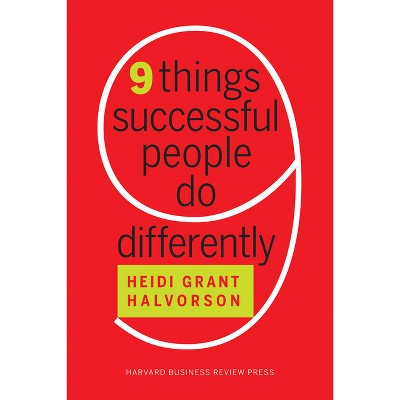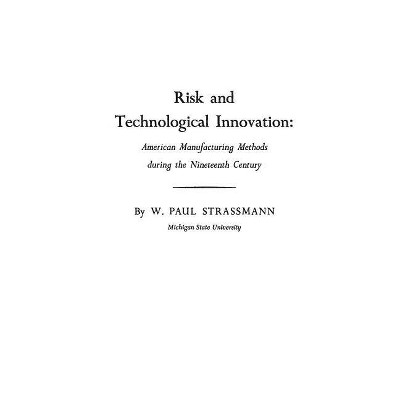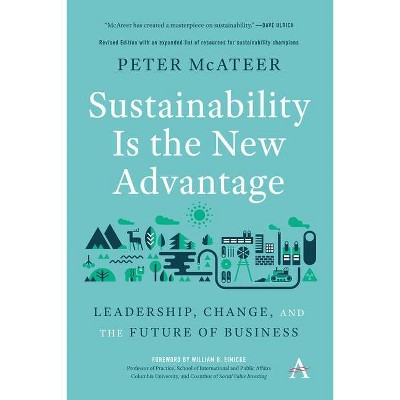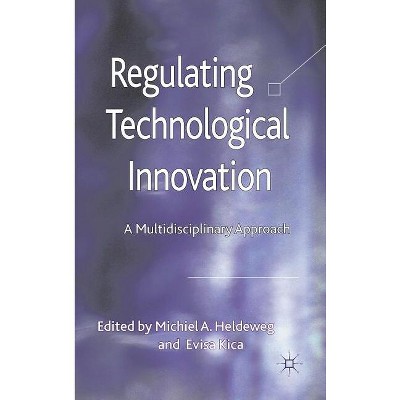Sponsored

How Social Media Shapes Culture and Identity Among Youth - (Technological Innovation and Sustainability for Business Competitive Advantage)
Pre-order
Sponsored
About this item
Highlights
- This edited volume introduces underrepresented narratives on how digital media platforms shape identity, culture, and politics among young audiences in the Gulf Cooperation Council (GCC) countries, with a special focus on Bahrain and Saudi Arabia, two of the world's most digitally connected regions.
- About the Author: Zainab Abdul-Nabi is an Associate Professor in the School of Creative Media at Bahrain Polytechnic.
- 460 Pages
- Business + Money Management, Industries
- Series Name: Technological Innovation and Sustainability for Business Competitive Advantage
Description
About the Book
This collection highlights underrepresented narratives on how social media shapes identity, culture, and politics amongst youth in the Gulf region. Using quantitative and qualitative studies, it explores the impact on university students' critical thinking, creativity, communication, and adherence to traditional values.
Book Synopsis
This edited volume introduces underrepresented narratives on how digital media platforms shape identity, culture, and politics among young audiences in the Gulf Cooperation Council (GCC) countries, with a special focus on Bahrain and Saudi Arabia, two of the world's most digitally connected regions.
The 17 quantitative studies in this collection explore the extent to which social media platforms such as TikTok, Instagram, YouTube, and Snapchat influence Saudi youth values, affect Bahraini women's beauty standards, foster critical thinking among students, and enhance Saudi Arabia's global image and public diplomacy. It also examines how journalists at media institutions and Bahrain's Ministry of Information utilize artificial intelligence applications and WhatsApp to facilitate their work and communication.
The volume's reliance on a systematic adaptation of Cultivation Theory as a theoretical framework across the chapters ensures a coherent research agenda and methodological rigor. Its adoption of descriptive and quantitative approaches reinforces its academic contribution to media effects research.
The empirical insights presented in this volume are an essential resource for scholars, students, and policymakers interested in media, culture, and youth in the Gulf region.
Technological Innovation and Sustainability for Business Competitive Advantage highlights business problems faced by institutions in a scientific way, finding possible practical solutions. Contributing to setting and improving business theories and practices and encouraging scientific research in technological innovation and sustainability, volumes activate dialogue between academics, practitioners and individuals and provide recommendations to improve institutions.
About the Author
Zainab Abdul-Nabi is an Associate Professor in the School of Creative Media at Bahrain Polytechnic. She previously chaired the Department of Mass Communication and Public Relations at Ahlia University and taught media studies at leading universities in Australia, including the University of Sydney and the University of New South Wales. Her research appears in highly ranked journals and publishers such as Palgrave Macmillan, Springer, International Journal of Communication, and New Media & Society, earning awards and research grants from institutions in Australia, Taiwan, and the UAE.
Mohamed Alawainati earned a PhD in Communication and Media Sciences with first-class honors from Ain Shams University, Egypt, specializing in digital and educational media, and a Master's in Mass Communication and Public Relations with Distinction from Ahlia University. He has taught radio, TV production, digital journalism, and public relations courses at Ahlia University. His research on digital journalism, AI, educational media, and communication theory has been presented in international conferences and published in peer-reviewed journals.
Shipping details
Return details
Frequently bought together
Trending Non-Fiction

















